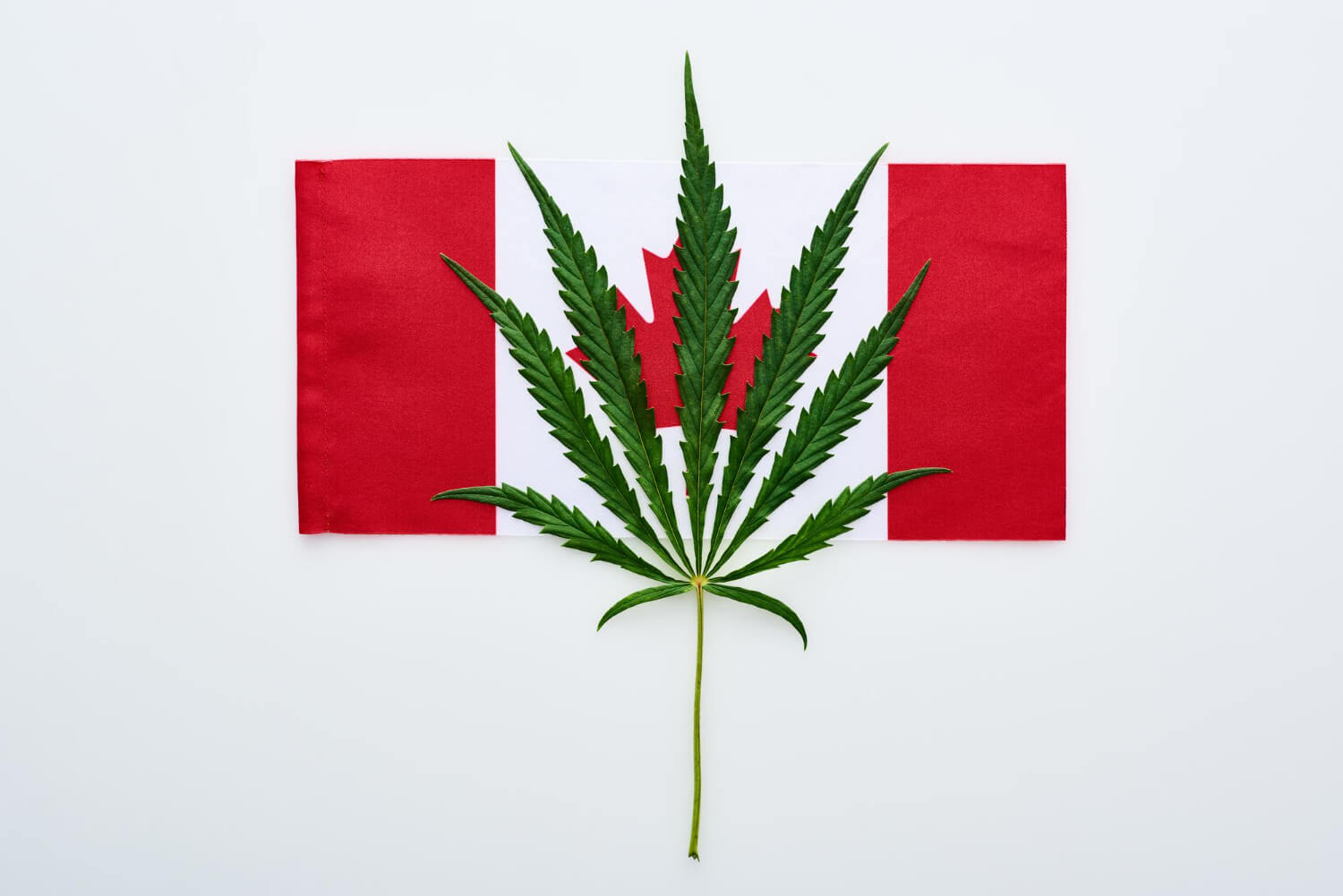In recent years, many Canadian cannabis licensed producers have been eager to invest in American hemp-derived CBD subsidiaries to tap into the lucrative market. However, as their fortunes dip and investor enthusiasm wanes, several Canadian companies are scaling back their presence in the American hemp CBD sector.
This retreat is mainly due to a change in market conditions and a challenging regulatory environment in the United States. Moreover, some companies have faced obstacles in the form of uncertain regulations and slower-than-projected growth in the American hemp-derived CBD market.
- During the heyday of the regulated marijuana industry, Canadian cannabis companies were eager to invest in U.S. hemp-derived CBD subsidiaries
- Many Canadian companies have scaled back their involvement in the American hemp-derived CBD market due to declining fortunes and the challenging nature of the U.S. market
- Companies are exiting their American hemp CBD operations to improve cash flow and prepare for entry into the THC market once regulations allow it
Bethany Gomez Speaks on the Difficulties Faced by Canadian Companies
Bethany Gomez, managing director of Brightfield Group, a Chicago-based cannabis analytics firm, explains that Canadian companies viewed the American hemp-derived CBD market as an opportunity to secure a strong foothold in the country without violating federal law.
The ultimate goal was to build brand recognition early on and seamlessly transition into adult-use cannabis products when legalization occurred. However, this strategy has not panned out as expected, mainly due to various obstacles and uncertainties in the U.S. cannabis market.
Why Have Canadian Cannabis Companies Struggled?
There are several key factors contributing to the struggles faced by Canadian cannabis companies in the American hemp-derived CBD market:
- Regulatory hurdles: The current regulatory environment for hemp-derived CBD products in the U.S. remains murky, thereby making it difficult for Canadian companies to operate optimally.
- Competition from local players: Canadian firms have faced stiff competition from established local players in the American hemp-derived CBD market.
- Slower-than-expected growth: Industry experts initially forecasted robust growth in the American hemp-derived CBD market. However, the actual performance has been slower than predicted, squeezing the Canadian entrants further.
Opportunities for the Remaining Players in the Hemp CBD Market
Despite these setbacks, there may be new opportunities on the horizon for those who choose to remain invested in the American hemp CBD sector. As some distressed assets become available at lower valuations, talented and well-funded players can seize the chance to expand their businesses or enter the market.
As the industry stabilizes and evolves, we can expect consolidation and strategic acquisitions to take place among the companies that weather the storm. Federal legalization of marijuana in the United States is still very much a possibility in the coming years, so those companies that can establish a stronghold in the hemp CBD market through effective brand positioning might eventually find success.
Looking Ahead: Is There Hope for Canadian Companies?
Although many Canadian companies have pulled back from the American hemp-derived CBD market, they are not down and out just yet. Creating greater synergic collaborations with local partners and smart investment choices could potentially turn things around for them.
In conclusion, although the American hemp-derived CBD market has presented challenges for Canadian cannabis companies, those who can adapt to the changing landscape and stay ahead of the competition may find their efforts well-rewarded in the long run.





